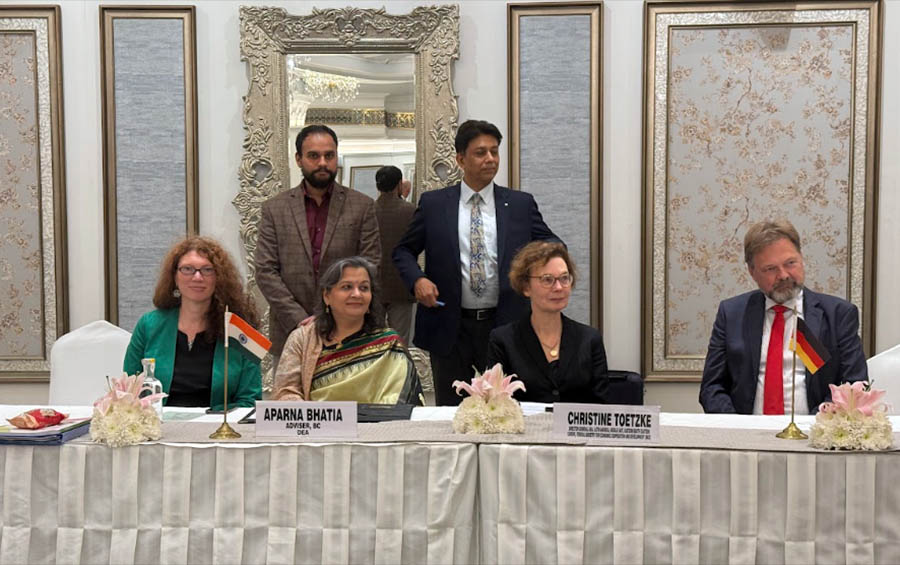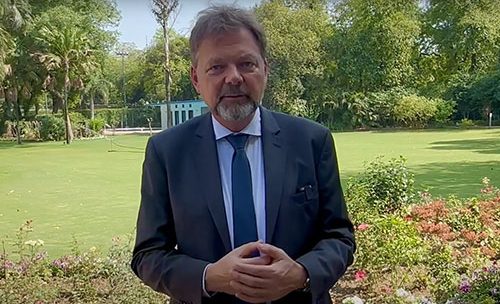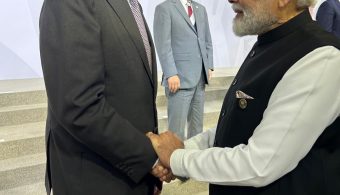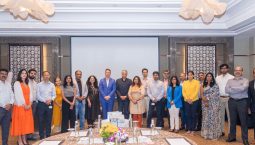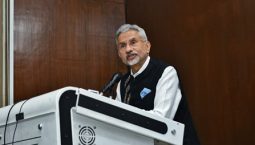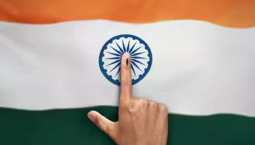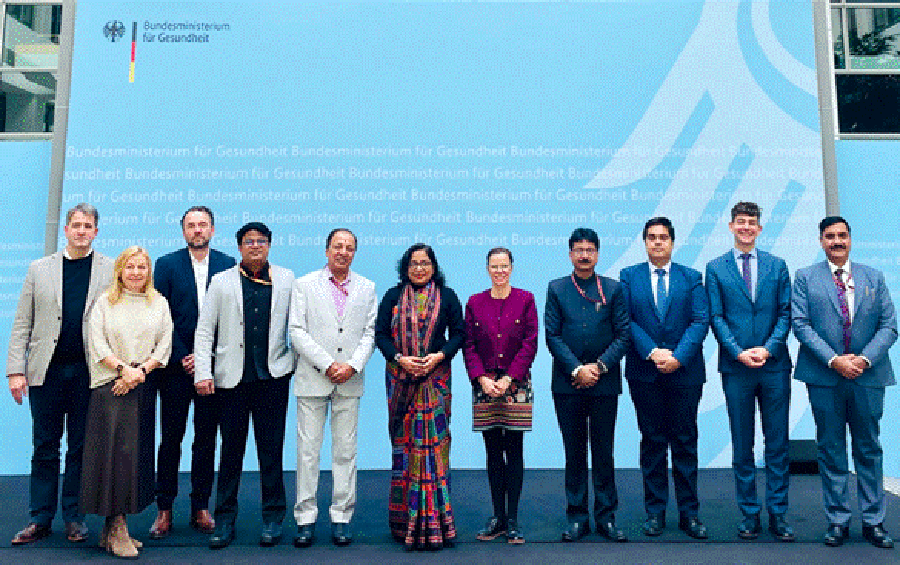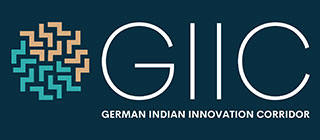THE UNFINISHED AGENDA
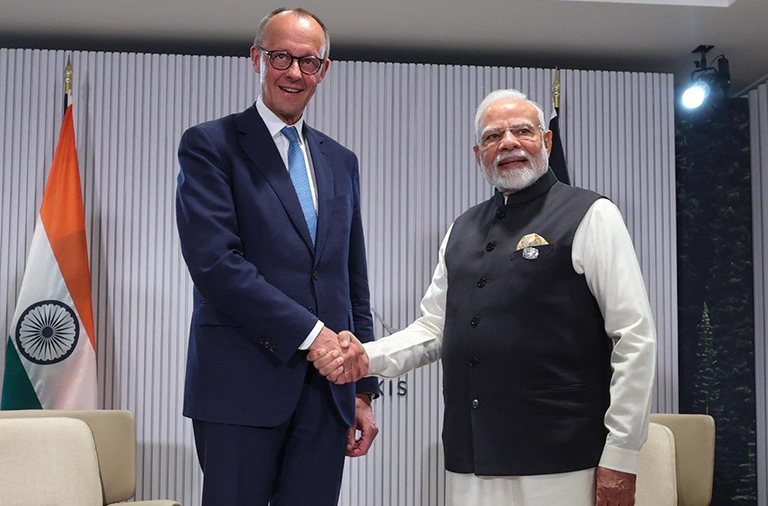
India and Germany have been partners in multiple fields for several decades. The relationship has steadily evolved into a robust and multifaceted partnership that spans various fields, including politics, economics, culture, and technology. The diplomatic ties between India and Germany were officially established in 1951, and since then, both countries have worked towards strengthening their bilateral cooperation. The Indo-German relationship is characterized by a mix of shared values, economic collaboration, technological innovation, and cultural exchanges.
As both nations navigate the complexities of the modern world, their partnership continues to evolve, offering opportunities for mutual growth and cooperation on the global stage.
The changing geostrategic paradigm has further pushed India’s position in Germany into sharp focus, reflected in the Indo-Pacific strategy. Regular dialogues and Indo-German Consultations have been instrumental in fostering political understanding and cooperation on global issues. Economic ties form a cornerstone of the Indo-German relationship. Germany is one of India’s most significant trading partners in the European Union, and economic cooperation has steadily grown. German companies have made substantial investments in India, contributing to the country’s economic growth. The partnership extends to manufacturing, technology, renewable energy, and innovation. Both countries have complementary strengths that are predestined for a successful collaboration in technology and innovation.
Germany is known for its technological prowess, innovation capital, and engineering excellence. With its vibrant fundamental science capability, excellent educational and research institutions, and scientific acumen, India has collaborated on various technological and innovation initiatives. Joint research and development projects, academic exchanges, and technology transfer agreements have furthered the advancement of science and technology in both nations.
Cultural ties between India and Germany go back several decades, with an acute interest and involvement of artists, philosophers and cultural ambassadors from both countries, leading to a robust cultural exchange. These exchanges contribute to a better understanding of each other’s cultural diversity and heritage.
Both countries have collaborated on initiatives related to climate change, sustainable development, and renewable energy. This partnership reflects a shared commitment to environmental stewardship and the transition to a greener future, which is one of the key topics of Indo-German collaboration.
And yet, despite the strategic push, a plethora of activities and excellent framework, there is still an immense potential to be tapped and realized—the Unfinished Agenda of leveraging decades of close collaboration into a formidable economic powerhouse. One of the key reasons is the felt need for more accurate and updated information about the opportunities and dynamism of India among its stakeholders in Germany. India is still seen as a struggling elephant trying to prove its economic mettle. This is also an endeavour to present a modern India that is developing at lightning speed to the German volk , moving away from the clichès of an exotic land of unknowns.
The outdated image of a cliche-laden India is still fresh in the minds of the average German, and the overhang of China looms large in the business and boardroom mindspace.
This project is an effort to correct this image, share accurate information on both countries and enable a platform for engaged dialogue towards addressing the ‘Unfinished Agenda’.
JUST POSTED
JUST POSTED
EXPLORE
- PM Modi thanks PM Meloni for G7 Summit invitation; discusses Strategic Partnership
- India-Elections: More than 10 percent of the world’s population set to vote
- India Leads Global Adoption of Generative Artificial Intelligence: Survey
- How India-EFTA(European Free Trade Association) trade pact will benefit Indians
LATEST UPDATES
-
India, Germany Advance Global Traditional Medicine Leadership with Berlin Talks on Integration, Insurance and Regulatory Reform
-
Germany Courts Indian Travellers With 4-City Roadshow, Showcases Big Push for 2026 Tourism Themes
LATEST UPDATES
India In Focus
Germany In Focus

The BVMW (Bundesverband mittelständische Wirtschaft), also known as the German Association for Small and Medium-sized Businesses, is a leading advocacy group for SMEs in Germany. It represents the interests of approximately 900,000 small and medium-sized enterprises, supporting around 12 million employees. With over 330 regional and local offices across Germany, BVMW is deeply embedded in the fabric of German business culture.


